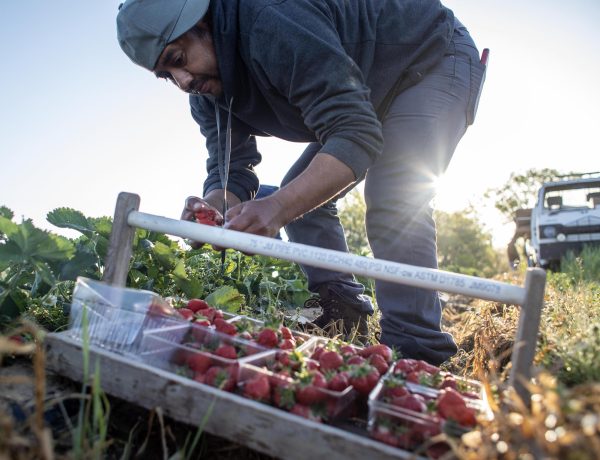AIDS activist opens up on life struggles
In the spring of 1987, Rae Lewis-Thornton received what she thought was a thank-you for donating blood, but turned out to be a letter telling her she had HIV.
From that day on and for nearly 30 years, Lewis-Thornton has battled both HIV and AIDS.
As part of African-American Heritage Month, Lewis-Thornton spoke with Eastern community members Tuesday about her struggles and salvations during her time with HIV and AIDS.
Holding a microphone and walking in between the aisles of seats lined up in the Grand Ballroom of the Martin Luther King Jr. University Union, Lewis-Thornton discussed the effects the diseases had on her.
She would go into intense detail of her symptoms, including when the disease would become more apparent from the comfort of her home to a public restaurant.
“AIDS takes prisoners,” Lewis-Thornton would say after each scene.
Punctuating moments of tension with curse-laden jokes helped ease the mood of the crowd, but did not deter from the serious issue at hand.
She said her illness had transformed from HIV to AIDS during her seventh year after being diagnosed.
“In those seven years, I only told five people,” Lewis-Thornton said. “Five people knew, and that secret was killing me quicker than the disease.”
In her time after being infected and diagnosed, Lewis-Thornton went on to become a Baptist minister, a public activist on the dangers of HIV and AIDS and an Emmy winner.
She won her Emmy award after doing a series about people living with AIDS.
One of the main focuses of her discussion was centered on preventing the diseases through safe sex.
“Every time you have sex, you’re betting your life against sex,” Lewis-Thornton said.
A bulk of the discussion involved a question-and-answer portion where members of the audience could ask anything about the activist.
Among the topics covered were her upbringing, forgiveness and how she dealt with having HIV and AIDS.
Lewis-Thornton described scenes from her childhood that involved sexual, physical and verbal abuse.
“I’ve always been a survivor,” she said.
She also said, because of the time period when she was diagnosed, she could not actually know who had infected her until he died.
“It was considered a gay disease, so all the heterosexual men would say they didn’t have it,” she said.
Lewis-Thornton said her path to forgiveness did not involve forgiving the man who infected her, but instead involved forgiving herself.
One of the hardest aspects of having AIDS, Lewis-Thornton said, was telling her mentor, Reverend Jesse Jackson.
She said she told Jackson in his kitchen, and he responded with, “I loved you before you had AIDS, and I love you with AIDS.”
Bob Galuski can
be reached at 581-2812
Although she became a minister, Lewis-Thornton said she had difficulty with accepting religion when her HIV transformed into AIDS.
“I was so angry with God,” she said.
The issue of her rescinded honorary membership from the Delta Sigma Theta Sorority, Inc. also came up during the question-and-answer.
For 12 years, Lewis-Thornton said, she had been an honorary member.
However, after an altercation between her and an executive member became public on Twitter, she was asked to leave the sorority, she said.
Her newest book, “The Politics of Respectability,” was written in part to be cathartic, Lewis-Thornton said.
She also said she had taken away from the ordeal the idea of defending what she believes in.
“Stand for what you believe in,” she said. “I can only be who I am.”
Kendell Jackson, a freshman undecided major, said he came to the lecture out of curiosity.
“I had heard about Rae Lewis-Thornton before, and I wanted to hear what she had to say,” he said.
Lyttia Roseman, a senior accounting major, said she thought it was important to be smart in life decisions, such as sex.
“You have to be responsible, even now with all this information available,” she said. “You cannot let your love for someone else be greater than the love you have for you.”
The minister also stressed through the presentation the idea of choices, and how everyone in attendance had the choice.
“We can treat you for AIDS, but you don’t want to live my life,” she said. “My Emmy can’t even save my life.”
Bob Galuski can be reached at 581-2812 or [email protected].











































